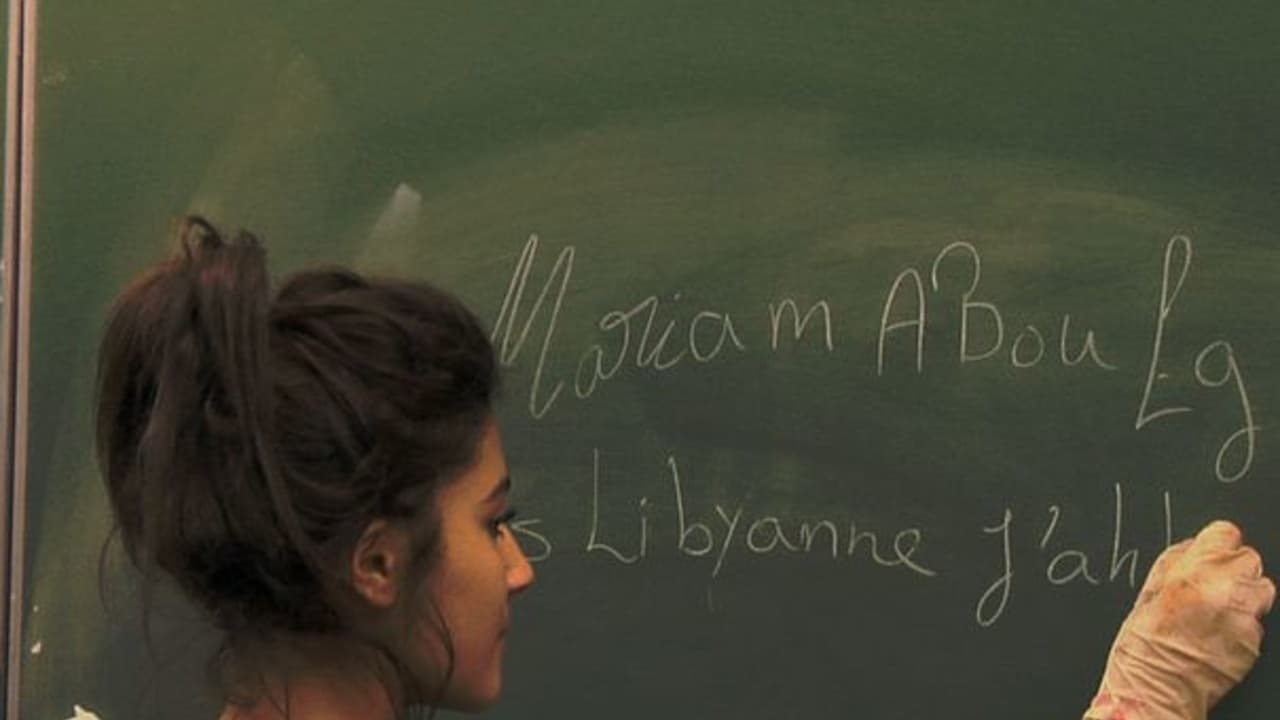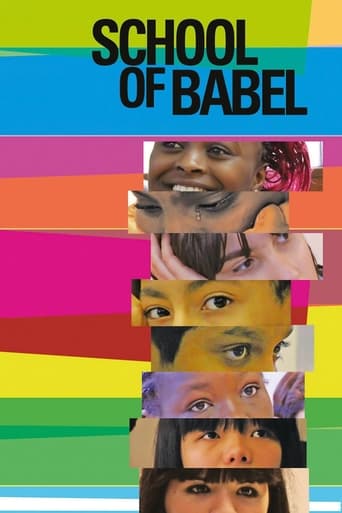

one of my absolute favorites!
... View MoreA Brilliant Conflict
... View MoreGreat example of an old-fashioned, pure-at-heart escapist event movie that doesn't pretend to be anything that it's not and has boat loads of fun being its own ludicrous self.
... View MoreEach character in this movie — down to the smallest one — is an individual rather than a type, prone to spontaneous changes of mood and sometimes amusing outbursts of pettiness or ill humor.
... View MoreI like films that focus upon the migrant experience in a host country. This documentary follows a Parisian reception class for migrant children over the course of an academic year. The children are aged about 13 and come from many different countries with multiple reasons bringing them to France. The reception class enables them to master the French language sufficiently in order to study other subjects in a regular class. Their aim at the end of the year is to move into a regular class with children of their own age and make a success of their education.The children are respectful in class and towards their host country even though they express mixed feelings about migrating. The film feels observational but the discussions we see the children engaged in illustrates the film maker's agenda which is to examine what it is like for children on the verge of young adulthood being uprooted and sent to a country whose language they do not know and whose value system differs from what they have lived thus far. The film is poignant and does not sentimentalise the children but there moments of pain. For example we learn that Xin, a Chinese girl separated from her mother aged four and reunited 10 years later is not happy but does not want to return to China. The other pupils find this conflict hard to bear. Then there is Kessa, from Guinea, who is distressed at being separated from her mother but whose distress is minimised as "acting out" by her female relative.What is most clear is that these children are like any children of their age. Their wants are ordinary as are their needs, although some need comfort and stability more than others. It is clear that the children want to integrate and be accepted even though they are made to feel outsiders in the way they speak French, for example.The bonds formed amongst the class make for sad feelings at the film's end as they part; some move on and up, others must repeat their year. Their teacher is moving on too and the attachment that some pupils form towards her illustrates the power of education. Learning things, learning facts, learning about relationships and how to become a person. These features do not change because you are a migrant.One of the myths connected to the Tower of Babel is the belief that the world's multiple languages originated within the tower. This myth is an apt image for class in the film where there is enormous diversity of languages. I was astonished at the many different countries and languages represented and the end credits provide further comment on this as the children are listed alongside their nationalities. If you have an interest in pedagogy and language then this film is a must.
... View More